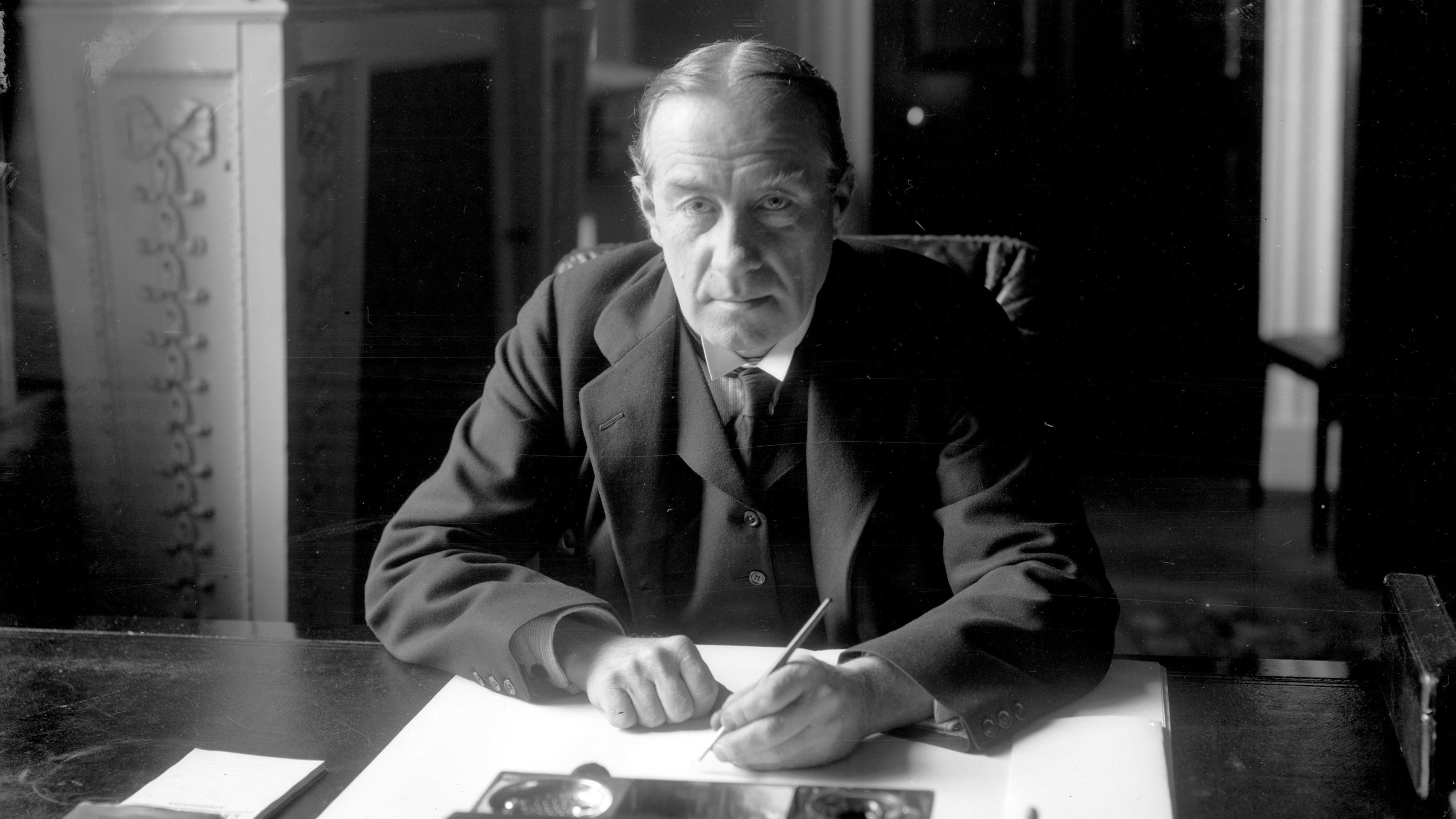What happened at the last December election in 1923?
Pre-Christmas poll ‘spelled catastrophe for the Conservatives’ 96 years ago

A free daily email with the biggest news stories of the day – and the best features from TheWeek.com
You are now subscribed
Your newsletter sign-up was successful
The UK is gearing up for its first December general election since 1923 after MPs finally backed Boris Johnson’s call for an early poll.
The House of Commons approved legislation by a margin of 438 votes to 20 to hold a snap vote in the hope of breaking the Brexit deadlock. Once the bill is approved by the House of Lords, it is expected to become law by the end of the week.
Here’s a look back to the last pre-Christmas election, on 6 December 1923…
The Week
Escape your echo chamber. Get the facts behind the news, plus analysis from multiple perspectives.

Sign up for The Week's Free Newsletters
From our morning news briefing to a weekly Good News Newsletter, get the best of The Week delivered directly to your inbox.
From our morning news briefing to a weekly Good News Newsletter, get the best of The Week delivered directly to your inbox.
A “chill wind blew for the Tories” 96 years ago, when Stanley Baldwin, “a bit like Boris Johnson, decided that he needed his own mandate as prime minister”, says The Times.
Baldwin inherited a majority after the resignation of Andrew Bonar Law, who led the Conservatives to victory in November 1922 but became seriously ill with throat cancer. Baldwin wanted a renewed mandate for his policy of protectionist tariffs amid high unemployment.
“It certainly wasn’t Brexit but it had echoes of the political and economic turbulence that contributed to the vote to leave the EU in 2016,” says the Times.
“Despite the political wisdom that winter elections suppress turnout, December 1923 was mild and numbers held up. The result, however, did not go well for Mr Baldwin.”
A free daily email with the biggest news stories of the day – and the best features from TheWeek.com
The Conservatives lost 86 seats to the Liberals and Labour, resulting in a hung parliament, but stayed in power for six weeks. Then the opposition voted down the King’s Speech and the government fell, paving the way for Britain’s first Labour prime minister: Ramsay MacDonald.
–––––––––––––––––––––––––––––––For more political analysis - and a concise, refreshing and balanced take on the week’s news agenda - try The Week magazine. Get your first six issues free–––––––––––––––––––––––––––––––
Author Lewis Baston calls it one of the “strangest and most fascinating general elections in history”.
Writing for ConservativeHome, he says: “Although the Liberal success in 1923 produced the most three-party parliament we have ever had, it was ironically dependent on the incompleteness of three party politics in the country.”
The Scotsman says the 1923 vote “spelled catastrophe for the Conservatives” and questions whether it needed to be called at all.
The newspaper notes that William Thomas Morgan, writing in the American Political Science Review in 1924, said: “Not only were the results of the British national election of last December momentous for the British people themselves, but it may be doubted whether any other election in the country’s history ever excited as much interest in foreign lands [owing to the British government’s protectionist plans].”
The Scotsman says: “The same could well be said of the General Election in Brexit Britain 2019.”
-
 5 cinematic cartoons about Bezos betting big on 'Melania'
5 cinematic cartoons about Bezos betting big on 'Melania'Cartoons Artists take on a girlboss, a fetching newspaper, and more
-
 The fall of the generals: China’s military purge
The fall of the generals: China’s military purgeIn the Spotlight Xi Jinping’s extraordinary removal of senior general proves that no-one is safe from anti-corruption drive that has investigated millions
-
 Why the Gorton and Denton by-election is a ‘Frankenstein’s monster’
Why the Gorton and Denton by-election is a ‘Frankenstein’s monster’Talking Point Reform and the Greens have the Labour seat in their sights, but the constituency’s complex demographics make messaging tricky